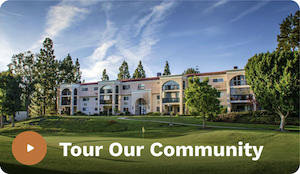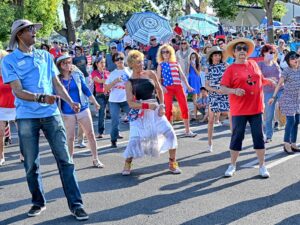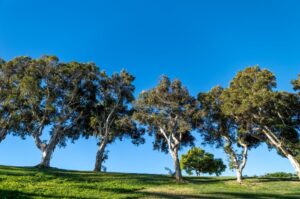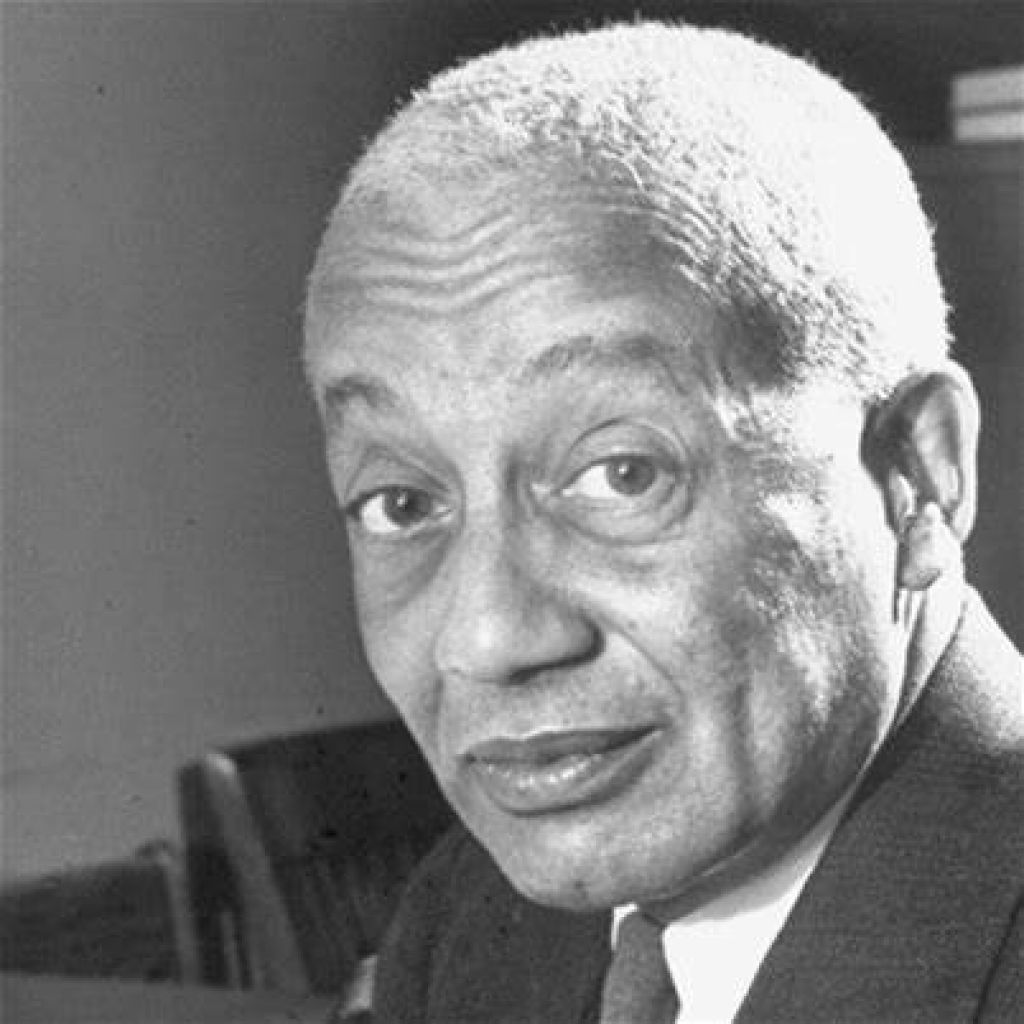Dr. Alain Locke

Alain LeRoy Locke (1885-1954), the first black Rhodes Scholar and a major figure in the Harlem Renaissance, became a Bahá’í in 1918.
Dr. Locke received a PhD in philosophy from Harvard in 1918. After publishing The New Negro, an anthology of writings by African American authors, he gained national prominence as a spokesman for African-Americans. As a humanist and philosopher, he is recognized as a major contributor to the Harlem Rennaissance, was started in the 1920s and produced the likes of Langston Hughes, Zora Neale Hurston and Louis Armstrong. Dr. Locke promoted what he called “cultural pluralism,” which contends that cultural groups can maintain their own identity and still be part of a broader culture. Some of his writings, including three essays published for the first time in their entirety, can be found in the 2005 Vol 36. #3 edition of World Order magazine. After becoming a Bahá’í in his early 30s, Dr. Locke focused on the Bahá’í principle of oneness and wrote: “The intellectual core of the problems of the peace … will be the discovery of the necessary common denominators …involved in a democratic world order or democracy on a world scale.”
In the early part of the 20th century, it was common to write to ‘Abdu’l-Bahá to declare one’s new faith, and Locke received a letter, or “tablet”, from ‘Abdu’l-Bahá in return. When ‘Abdu’l-Bahá died in 1921, Locke enjoyed a close relationship with Shoghi Effendi, the Guardian of the Bahá’í Faith. Shoghi Effendi is reported to have said to Locke, “People as you, Mr. Gregory, Dr. Esslemont and some other dear souls are as rare as diamond.”





